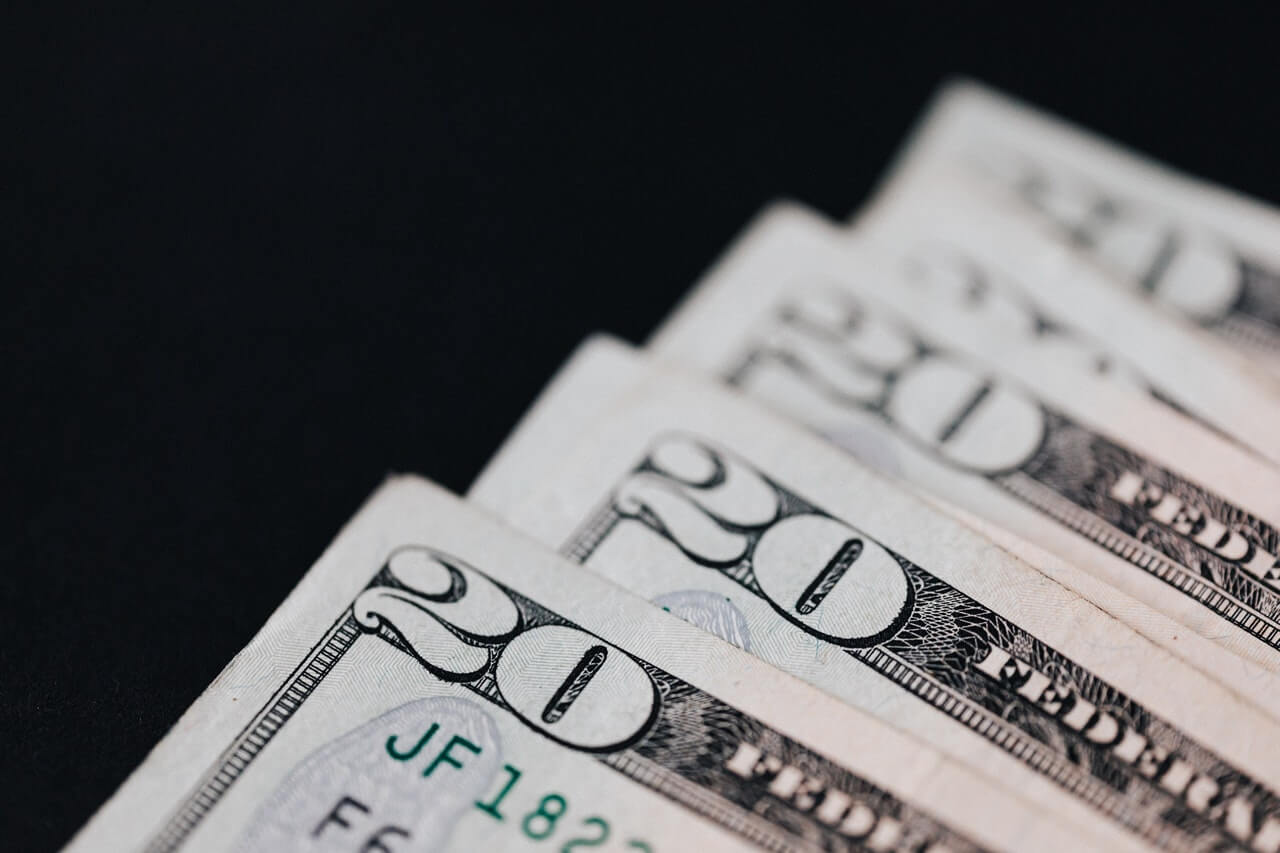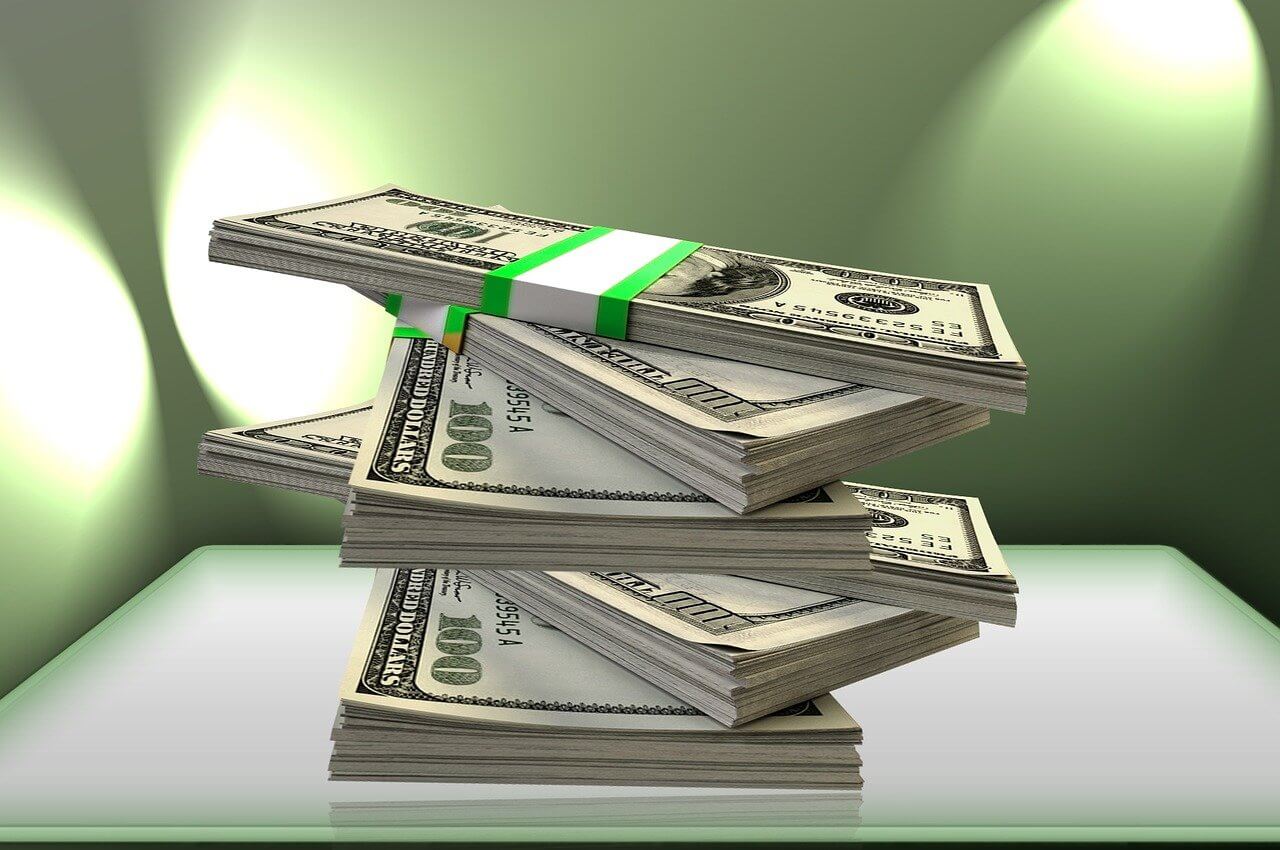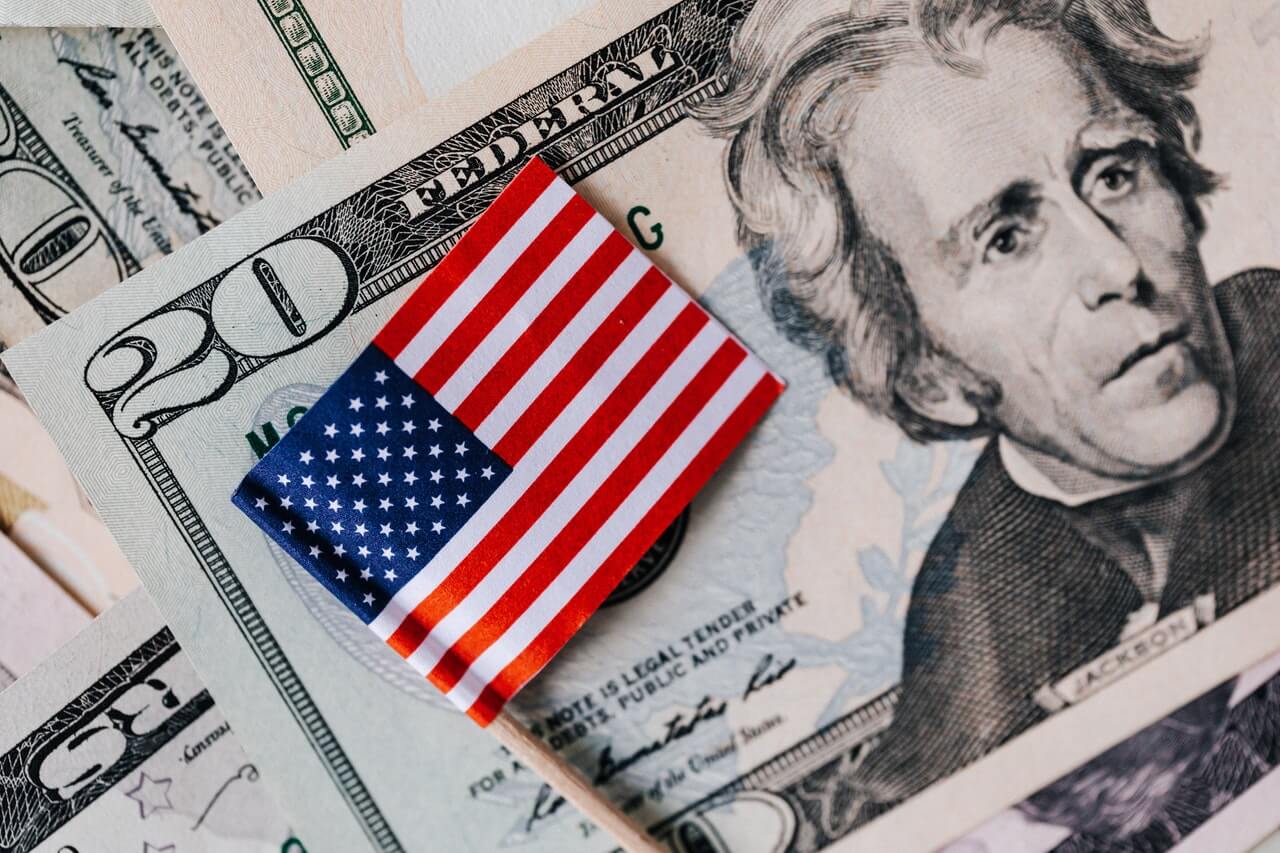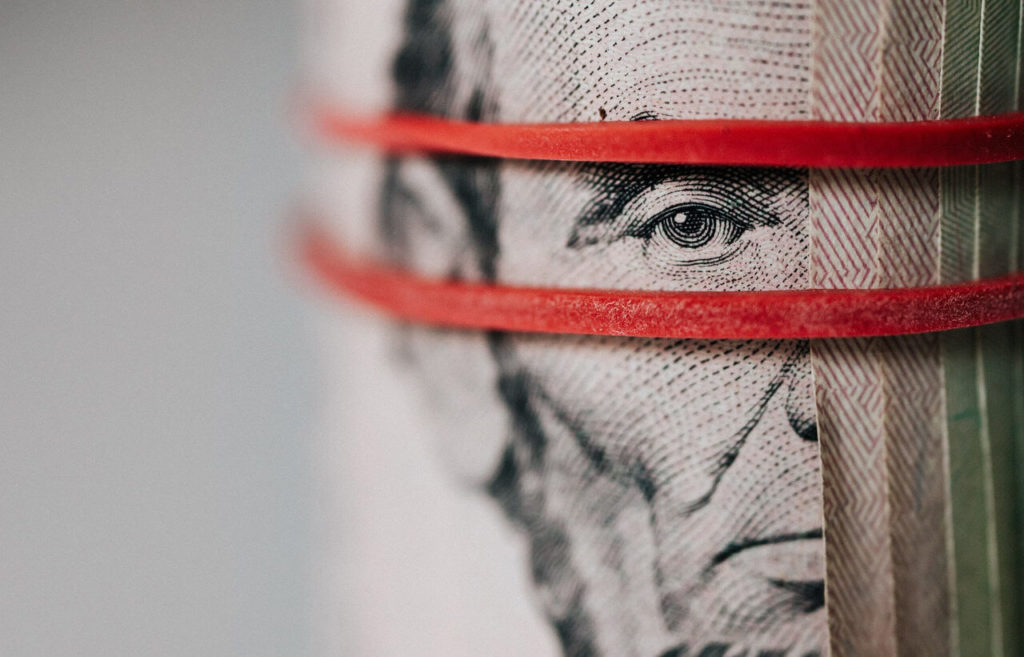SBA Loan Scams: How They Work
The Small Business Administration (SBA) has been extremely busy during the pandemic, but so did the criminals. Beware of many SBA loan scams occurring this time of the year. There are many, and they are dangerous.
To protect yourself from these financial scams, it is necessary to get acquainted with how they work. Let's take a look and educate ourselves.
Scam Detectors Most Trusted Websites in Online Security
- Guard.io (100): Surf the web safely. Clean up your browser, remove maliscious extensions and check for privacy violations.
- Incogni.com (100): Delete your personal data from the internet and protect against scams and identity theft.
- ExpressVPN (100) Stay secure and anonymous online - Best VPN Out There
Typical SBA loan scams come as emails claiming to be from the US Small Business Administration to take personal information from them. Hopefully, you are not one of the recipients.

In these messages, you can find a link leading to a web page that is not a real SBA website. Crooks use this bogus page to gather victims' credentials, impersonating federal, state, and local government officials. The email looks like it is coming from an official Small Business Administration account. You can notice the subject line “SBA Application — Review and Proceed.”
Of course, the call-to-action for these SBA loan scams could be different, but you get the idea. Let's look at more information. For example, what happens if you open the bogus SBA application.
Fake SBA Economic Injury Disaster Loan Portal
Those who regularly read cybersecurity news and follow the fraud reports made by the SBA inspector general would know that these messages are perpetrating fraud. Still, those less tech-savvy will click on a link in the email.
Once they do that, they log into the “SBA Economic Injury Disaster Loan Portal” using their email address and password. Indeed, this provides criminals the information they need to use for further fraudulent acts.
The suspicious web address is “leanproconsulting.com.br,” which is the website of a Brazilian business called LeanPro Consulting. However, it could be any other domain name, so beware. SBA loan scams change their websites as soon as one is reported as fraud.
What people can expect from these scammers is malware disguised as SBA documents, which you can find in the email. Do not open this email. If you have already opened it, it's not too late. Do not click on the link.
There were also many instances when criminals included a form asking their victims to provide banking information and personal details.
Small Business Administration Scams: How To Avoid
The main target of these Small Business Administration scams is business owners. They occasionally apply for a loan through the SBA's Paycheck Protection Program (PPP) or Economic Injury Disaster Loans (EIDL) program.
Hundreds of billions of dollars are in question, which is very attractive to scammers. They focus on finding ways to trick these people concerned about the loan. They easily trick them into willingly giving them business information, bank account numbers, SSN (see here a bunch of Social Security scams), thus taking their money.
Here is how to get money from the Small Business Administration and avoid SBA loan scams.

How To Get an SBA Disaster Loan
If you apply for a small business loan (SBA disaster loan), here are things that you should and should not do.
First, you should get information about SBA loans directly from the SBA's website, sba.gov/coronavirus. When you visit this page, you should go to the “Funding Options” button and do what is required by following the exact instructions.
If you are still unsure about it, you can look for more information about the PPP and EIDL programs at the U.S. Treasury Department's website.
On the other hand, never pay for information as the SBA does not charge fees for information at their official website sba.gov/coronavirus.
Also, nobody will ask you to pay for a government loan, and nobody will call you, send emails or texts to you to find out sensitive information related to the applicant or his/her business.
Getting an email or text that asks you these things, you can be sure that it is a scam and the best thing you can do is to delete it.
The critical step to take before getting a loan is to verify the lender. You will get a loan only from SBA-authorized lenders, and they can be found by using the Small Business Administration tool.
The last advice is related to every scam you may get, not only to SBA loan Scams. You should not click on links that you get in emails or text messages from a person you do not know.
By clicking on the links, malware is downloaded to your computer, enabling a scammer or hacker to use it as his/her tool for getting data or money.
SBA Loan Scams: How to Protect Yourself
The SBA's Office of Inspector General wanted to warn people about fraud, so the announcement is related to the following:
- Having in mind that the SBA will not contact people if someone keeps getting you claiming to be from the SBA, you need to know that it is a criminal act.
- Also, the approval of an SBA loan does not require payments.
- It would be best to get acquainted with possible charges that you may be asked to pay by the SBA. Those are 3% for loans $50,000 or less and 2% for loans $50,000 to $1,000,000.
- There is also an additional ¼% on amounts over $1,000,000. If you are asked to pay more, you are dealing with Small Business Administration scams.
- There were cases of cyberattacks with the usage of the SBA logo. This does not guarantee that the email comes from the SBA, so be aware of this and never provide your personal information.
People who are already applying for an SBA loan and a suspicious email are sent to them, in which they are asked for PII, they must compare the referenced application number with the actual application number, which must match.
The real SBA email accounts end with sba.gov.

SBA Loan Applications: How To Report a Scammer
There are numbers and links which people find useful when they want to fight against these cybercriminals. Feel free to report the fake SBA loan applications.
For all the questions related to getting an SBA disaster loan, people can call 800-659-2955 or send an email to [email protected].
In case you have any questions about other SBA lending products, you can call SBA's Answer Desk at 800-827-5722. Alternatively, you could send an email to [email protected].
You can also take a look at the list of emerging SBA scams HERE.
The SBA OIG hotline at (800) 767-0385 allows you to report if you think you are a victim of SBA loan scams.
People who believe that they are not victims but have experienced an attempted fraud involving SBA loans and COVID-19 can report it by calling the Department of Justice's National Center for Disaster Fraud Hotline 866-720-5721 or via the NCDF Web Complaint Form.
Warn your friends and family about these SBA loan scams by sharing this article on social media. You could also officially report criminals or any other suspicious activity to the FTC (Federal Trade Commission) using the link below:
How To Protect Yourself More
If you want to find out the most notorious scams weekly, make sure to subscribe here to the Scam Detector newsletter. You'll receive periodic emails – no spam at all.
Meanwhile, educate yourself with some other fraud-related materials under this paragraph. Finally, use the Comments section below to expose other SBA loan applications scammers:
- How to stop scam calls
- How to report phone scams
- Loan Text Scam
- How to block Scam Likely calls
- How to report scam emails
- How to report a scam website
Verify a website below
Are you just about to make a purchase online? See if the website is legit with our validator:
vldtr®


TOP 4 MUST-WATCH FRAUD PREVENTION VIDEOS
1. Top 5 Amazon Scams in 2024 2. Top 5 PayPal Scams in 2024 3. How To Spot a Scam Email in 2024
- Latest Posts by Selma Hrynchuk
-
How To Stop Robocalls
- -
Taking Control of Your Data Privacy: Protecting Yourself in 2024
- -
The Urgency of Removing Personal Information from the Internet
- All Posts













